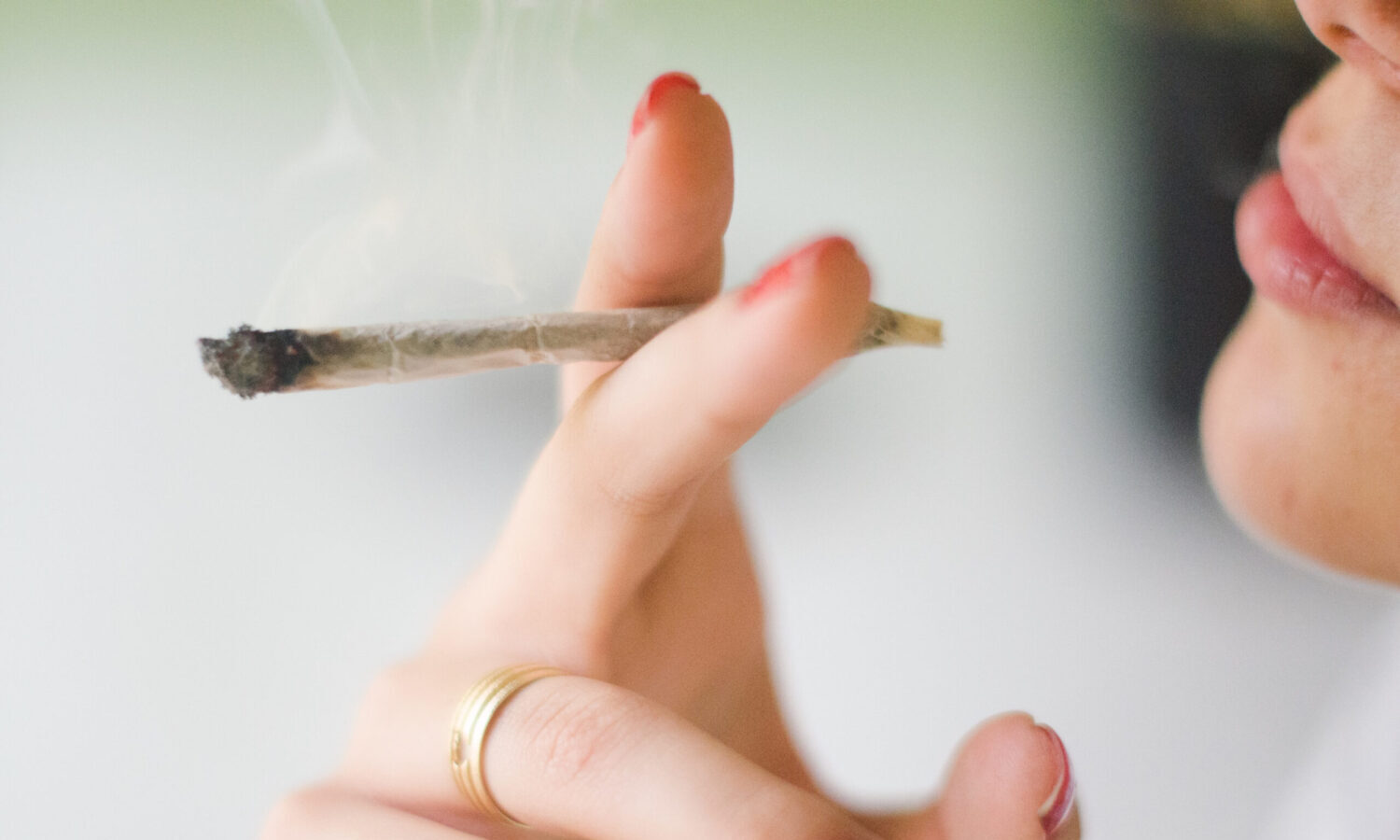
These states have seen fewer cases of synthetic cannabis poisoning
Synthetic cannabis is a problem for everyone and affects those who are for and against cannabis legalization. While those opposed to legal cannabis worry about people’s health and what is still unknown about cannabis, legal cannabis advocates claim that these programs can curb synthetic cannabis use.
A new data review supports these claims, finding that states with legal marijuana programs had fewer instances of synthetic cannabis use.
Photo by Mayara Klingner/EyeEm/Getty Images
The findings were published in the journal Clinical Toxicology, which analyzed data from the National Poison Data System and discovered over 7,600 exposures to synthetic cannabis in 2016-2019. Researchers say about 65% of users required medical treatment and recorded 61 deaths. Most importantly, state-level medicinal cannabis programs have been responsible for reducing synthetic cannabis use over time.
Synthetic cannabis are high-toxicity artificial drugs designed to induce the high of cannabis without the medicinal benefits. It has been linked to mental and physical harm and even the death of some users.
RELATED: The danger of synthetic cannabinoids
Researchers who conducted the study divided the data into three categories: permissive conditions, medical conditions, or restrictive conditions. States that experienced the most significant declines were permissive, closely followed by medical states.
In an accompanying statement, the study’s authors said these results support what legal cannabis advocates have always said — having an option for legal cannabis restricts the black market and may lead to healthier options for people.
“Based on previous research and this current study, it is apparent that users who have the choice to use a less toxic product might do so,” said Tracy Klein, co-author of the study.
RELATED: How Your Endocannabinoid System Affects Your Cannabis Experience
Synthetic cannabis is illegal in all states and is commonly known as Ak-47, K2, Spice, Scoobie Snacks, Mr. Nice Guy and other alternative names. The drug produces a high similar to cannabis and goes undetected in most standard drug tests, so there’s probably a market for it.

Post a comment: